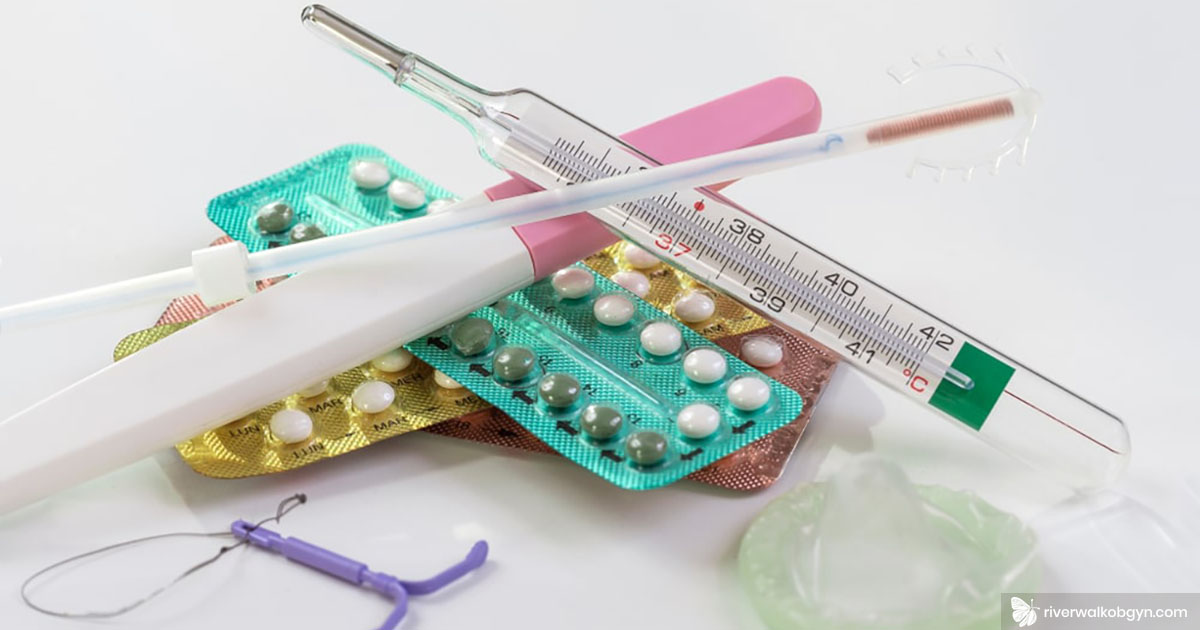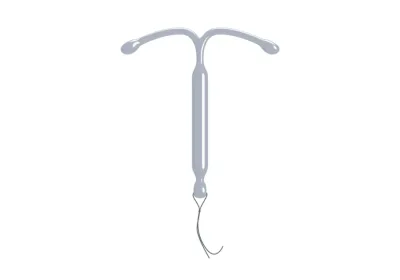Which Contraceptive Method Is Right For You?

Nearly 90% of women who have unprotected sex get pregnant within a year. If you’re not ready to have a child, these odds are not in your favor. While choosing a contraceptive method that’s right for you requires due diligence and clear thinking, it’s worth the effort.
What Are Your Concerns And Needs?
You first need to decide what you want; non-thinking types of protection, easy or one that requires consistency and preparations. Your budget will probably also be a factor in terms of what you can afford. Plus, whether you plan to become pregnant at some point and how diligent you will be.
After you’re clear on how much effort you’re willing to put into maintaining a contraceptive method, you’re closer to choosing one that’s right for you. Let’s explore some options based on these main factors.
Choosing Your Contraceptive Method
1. Easy Method
We suppose the easiest method is your partner getting a vasectomy and/or you having your tubes tied. Although an expensive choice, it works. But if you and your partner are not ready to take such a dramatic measure, there are other options, such as the following.
2. Abstinence
Abstinence is not an effective contraceptive method. Ok, we heard the ‘what?’, if you’re single. So, if you’re seriously committed to not having intercourse till marriage, it’s effective. However, only a few are so committed when in the midst of a ‘moment’.
3. Rhythm
This method involves determining when you are fertile by tracking your menstrual cycle and symptoms. Generally, this method is for those trying to get pregnant. It usually works and no cost is involved, but takes some diligence.
4. Barrier Methods
These prevent the sperm from reaching the egg. Methods include cervical caps, condoms for males, diaphragms, the sponge, and internal condoms for females. In addition to protecting you from STIs, male condoms work best.
5. Long Lasting Devices
- Implantable rods the size of a matchstick are placed under the skin of the upper arm by your OBGYN. They protect for 3 years.
- Intrauterine devices (IUDs) are reversible contraceptives to prevent pregnancy. They are inserted into the uterus by your OBGYN in the office and are 99% effective.
- Some IUDs release hormones into the uterus and as an extra benefit reduce heavy bleeding during menstrual periods. They last 3 to 5 years.
6. Injections and Hormonal Contraception
With injections, you get a shot every 3 months so that the method stays effective.
The pill is the popular known form of using hormones to prevent ovulation. Although at 91% protection, the vaginal ring and the patch do the same. You must take the pill at the same time very day for it to be effective. If using the patch, it must be related every 3 weeks.
Finding Out What Works Best For You
It’s important to discuss your lifestyle and health concerns with your doctor to arrive at the best choice for you.
Request an Appointment at Riverwalk OBGYN in San Antonio
Book online or call (210) 402-6022 if you are ready for contraceptives or thinking about changing your current form.
You may also enjoy reading: How Does Bladder Training For Urinary Incontinence Work?


